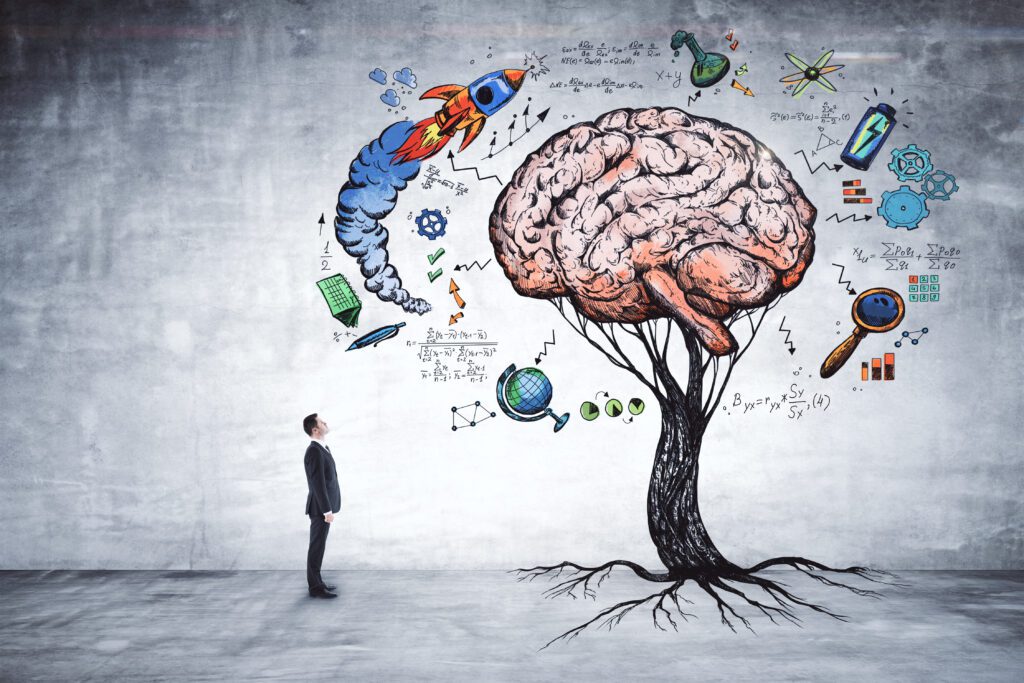The world of gaming has been a staple in the entertainment industry for decades. While many people associate gaming with leisure and escapism, recent scientific research reveals that playing games has a profound impact on creative ability. This article will explore the link between gaming and creativity, discussing the various ways in which games can foster creative thinking, problem-solving skills, and innovative approaches to challenges.
The Science of Gaming and Creativity
Cognitive Flexibility
A study by Lorenza Colzato and her colleagues (2013) found that playing video games enhances cognitive flexibility, which is the ability to switch between different tasks and adapt to new situations quickly. This skill is crucial for creativity, as it allows individuals to think outside the box and come up with novel solutions to problems. The research demonstrated that participants who played video games regularly performed better on tasks requiring cognitive flexibility than non-gamers.
Divergent Thinking
Divergent thinking, the ability to generate multiple solutions to a single problem, is a crucial aspect of creativity. A study conducted by Linda A. Jackson and her team (2012) discovered a positive correlation between playing video games and increased divergent thinking skills. The researchers found that the more time participants spent playing video games, the higher their scores were on divergent thinking tests.
Enhanced Problem-solving Skills
A study by Adams, Mayer, MacNamara, Koenig, and Wainess (2012) demonstrated that playing strategic video games can significantly improve problem-solving skills. Participants who played the game Portal 2, which requires players to use critical thinking and spatial reasoning, showed marked improvements in their problem-solving abilities compared to those who played other games or did not play at all.
The Role of Flow
Flow, a state of complete immersion in an activity, is often associated with heightened creativity. A study by Perttula, Kiili, Lindstedt, and Tuunanen (2017) explored the relationship between flow and creativity in gaming. The researchers found that when players achieved a flow state while gaming, they exhibited higher levels of creative thinking and problem-solving skills. This suggests that the immersive nature of video games can serve as a catalyst for creativity.
Collaborative Creativity
Multiplayer games encourage collaboration and communication, which can promote creativity. A study by Vorderer, Klimmt, and Ritterfeld (2004) found that cooperative video games can foster teamwork and shared problem-solving, leading to enhanced creative ability. Players who work together in games often need to devise unique strategies to overcome challenges, stimulating the development of creative thinking skills.
Conclusion
Gaming has evolved beyond mere entertainment, with scientific research highlighting its potential to enhance creative ability. Playing games can improve cognitive flexibility, divergent thinking, problem-solving skills, and foster collaboration, all of which contribute to a more innovative mindset. As technology and gaming continue to advance, it is crucial to recognize the potential benefits of gaming on creativity and explore ways to harness its power for personal and professional development.
Generated by ChatGPT



